The Supreme Court cases that could 'wreak havoc' on the internet
How the outcomes of two cases could change the internet as we know it

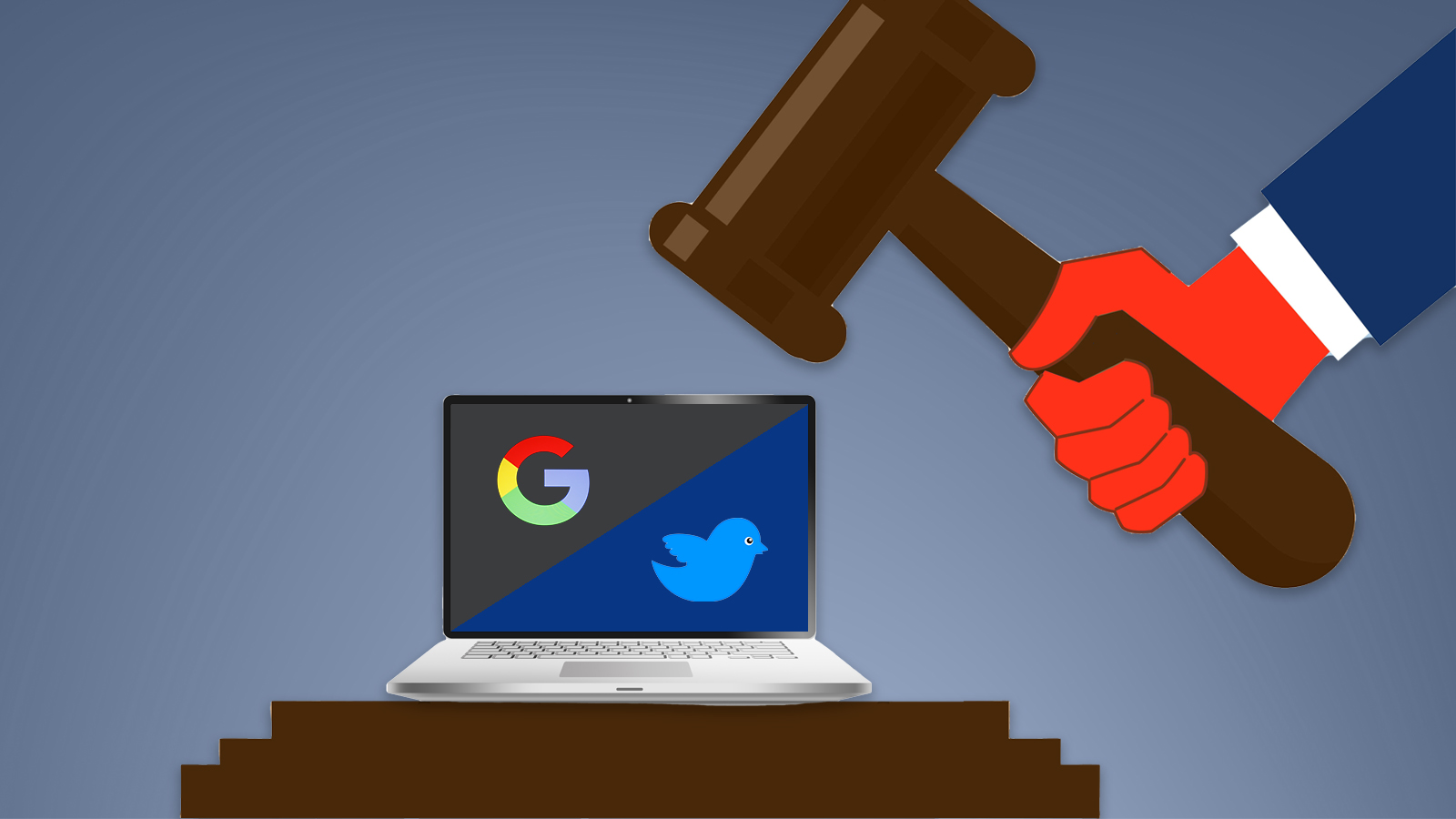
A free daily email with the biggest news stories of the day – and the best features from TheWeek.com
You are now subscribed
Your newsletter sign-up was successful
The Supreme Court is hearing landmark cases involving a law that has thus far shielded internet companies, like Google and Twitter, from being liable for the content posted by their users. Could the outcomes upend the internet as we know it?
What is Section 230?
At the center of both Gonzalez v. Google and Twitter v. Taamneh is the controversial Section 230 of the Communications Decency Act, "a nearly 30-year-old federal law that courts have repeatedly said provides broad protections to tech platforms," Brian Fung writes for CNN. Section 230 shields internet service providers from any liability for content posted by a third party. Both Republicans and Democrats have scrutinized the law in recent years, though for different reasons. Lawmakers on the right alleged that Section 230 gave "social media platforms a license to censor conservative viewpoints," Fung says. At the same time, the left argues the law "prevents tech giants from being held accountable for spreading misinformation and hate speech."
In an interview Nitsana Darshan-Leitner, a lawyer representing the plaintiffs in the Google case, called the hotly debated law "a shield that nobody was able to break," The Washington Post reports. "It gave the social media companies the belief that they're untouchable."
The Week
Escape your echo chamber. Get the facts behind the news, plus analysis from multiple perspectives.

Sign up for The Week's Free Newsletters
From our morning news briefing to a weekly Good News Newsletter, get the best of The Week delivered directly to your inbox.
From our morning news briefing to a weekly Good News Newsletter, get the best of The Week delivered directly to your inbox.
What is happening in the cases?
The Supreme Court began hearing oral arguments Tuesday in Gonzalez v. Google, which "zeroes in on whether [Google] can be sued because of its subsidiary YouTube's algorithmic promotion of terrorist videos on its platform," Fung explains. The plaintiffs in the case are the family of Nohemi Gonzalez, who was killed in a 2015 ISIS attack in Paris. Their lawyers argue that YouTube's recommendations "violated a U.S. antiterrorism law by helping to radicalize viewers and promote ISIS's worldview." Google claims that Section 230 protects it from being held liable for the videos circulated by its recommendation algorithms.
The second case, Twitter v. Taamneh, is related to an ISIS attack in Istanbul in 2017. Family members of Nawras Alassaf allege that social media platforms, including Twitter, knowingly aided and abetted ISIS in the act of terrorism by allowing the group's content to remain on their platforms.
The difference between the two cases is that while the Twitter case seeks to determine "liability merely for hosting content without malicious intent," as the ACLU writes, the Google case asks whether Section 230 applies to amplified content, focusing on what the company's algorithms and policies allow to be suggested to users. The judges could find that while "a provider would remain immunized for merely hosting content, it would be responsible for highlighting it," says the ACLU.
The Twitter case in particular could decide "whether the companies could be liable under antiterrorism laws such as the Anti-Terrorism Act and its 2016 amendments, the Justice Against Sponsors of Terrorism Act," The Wall Street Journal explains. Final decisions in both cases are expected before July.
A free daily email with the biggest news stories of the day – and the best features from TheWeek.com
After three hours of questioning in the first case, the Journal says, the justices "reacted skeptically" to the plaintiff's assertion that YouTube's parent company should be held responsible for the extremist videos recommended by its algorithm. Justices seemed worried that narrowing the scope of Section 230 would lead to "a wave of lawsuits and disruption to the internet," CNN writes.
"You are creating a world of lawsuits," said Justice Elena Kagan. "Really, anytime you have content, you also have these presentational and prioritization choices that can be subject to suit."
How could the outcomes shape the future of the internet?
Google and its allies in the tech industry say that a win for the plaintiffs "could wreak havoc on the internet," The Associated Press says. Yelp, Reddit, Microsoft, Craigslist, Twitter, and Facebook are among the companies that have submitted friend-of-the-court filings "warning that searches for jobs, restaurants, and merchandise could be restricted if those social media platforms had to worry about being sued over the recommendations they provide and their users want."
"Section 230 underpins a lot of aspects of the open internet," said Neal Mohan, the recently-appointed senior vice president and head of YouTube.
Theara Coleman has worked as a staff writer at The Week since September 2022. She frequently writes about technology, education, literature and general news. She was previously a contributing writer and assistant editor at Honeysuckle Magazine, where she covered racial politics and cannabis industry news.
-
 The EU’s war on fast fashion
The EU’s war on fast fashionIn the Spotlight Bloc launches investigation into Shein over sale of weapons and ‘childlike’ sex dolls, alongside efforts to tax e-commerce giants and combat textile waste
-
 How to Get to Heaven from Belfast: a ‘highly entertaining ride’
How to Get to Heaven from Belfast: a ‘highly entertaining ride’The Week Recommends Mystery-comedy from the creator of Derry Girls should be ‘your new binge-watch’
-
 The 8 best TV shows of the 1960s
The 8 best TV shows of the 1960sThe standout shows of this decade take viewers from outer space to the Wild West
-
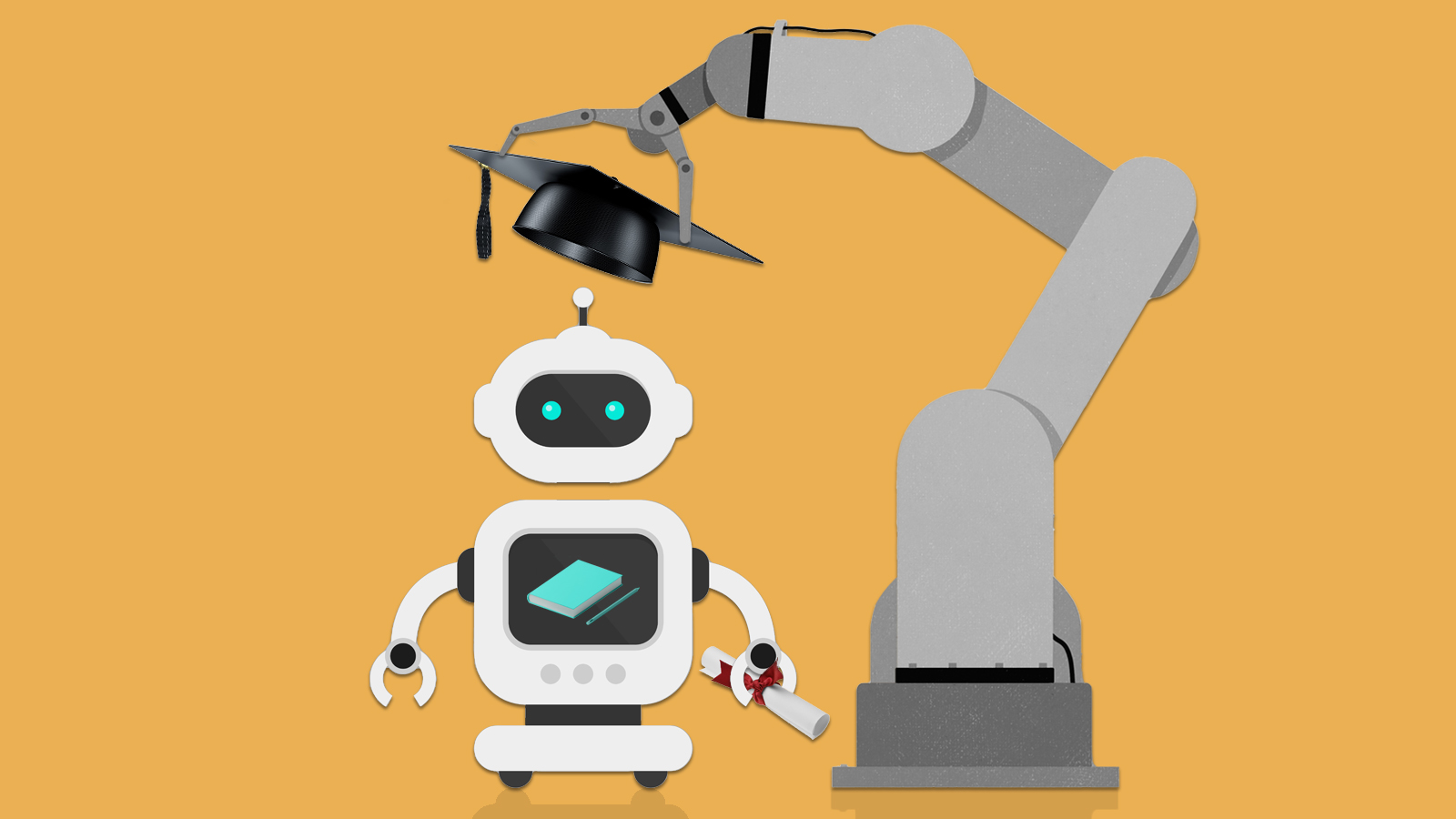 AI's boost for students and teachers in higher education
AI's boost for students and teachers in higher educationSpeed Read
-
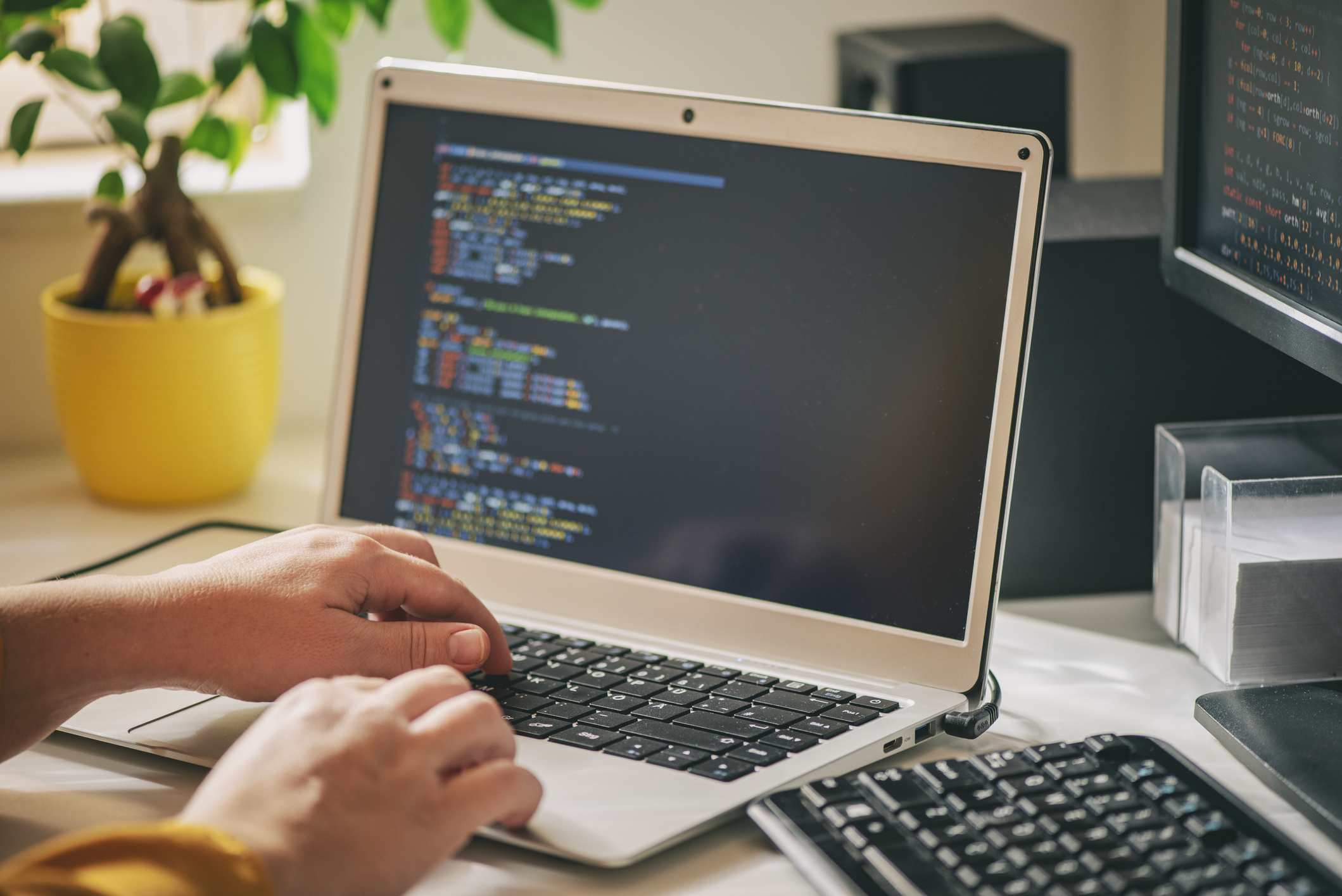 Artificial intelligence goes to school
Artificial intelligence goes to schoolSpeed Read AI is transforming education from grade school to grad school and making take-home essays obsolete
-
 Could AI be harmful to people's health?
Could AI be harmful to people's health?The Explainer Artifical intelligence's use in online content and health care tech raises concerns
-
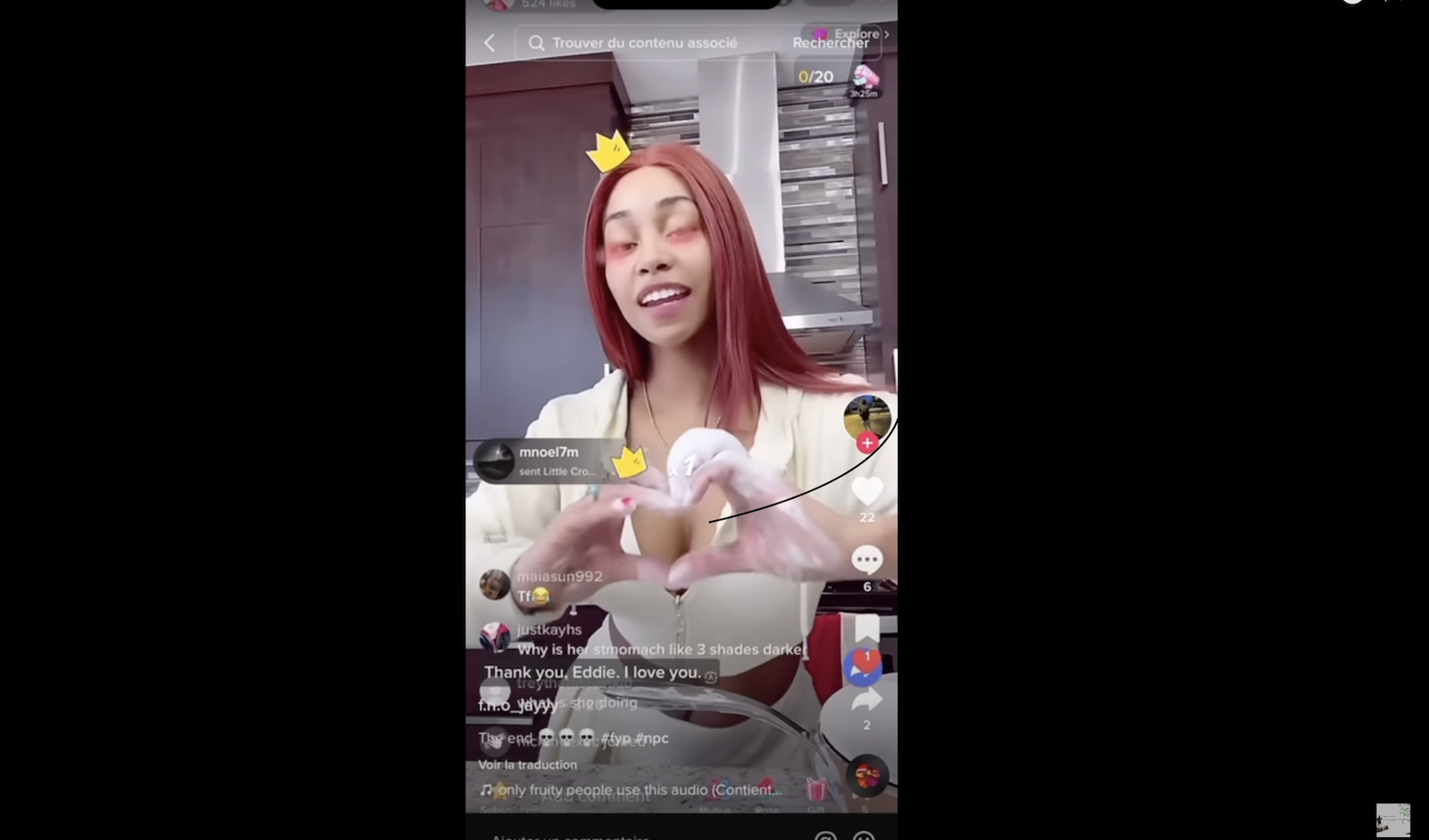 NPC streamers are having a moment
NPC streamers are having a momentSpeed Read A look behind the viral TikTok trend that has the internet saying, "Mmm, ice cream so good"
-
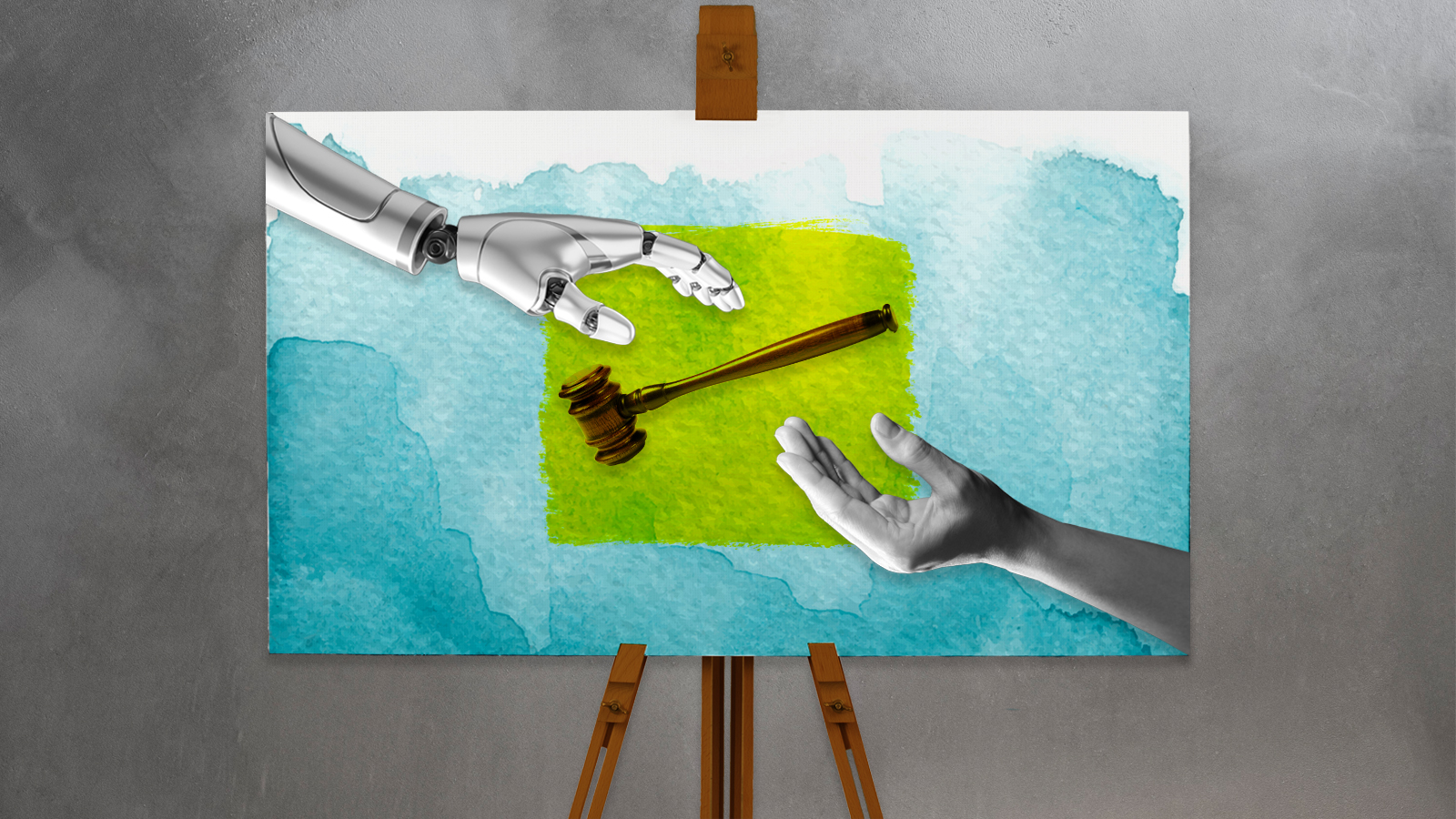 Creatives are fighting back against AI with lawsuits
Creatives are fighting back against AI with lawsuitsSpeed Read Will legal action force AI companies to change how they train their programs?
-
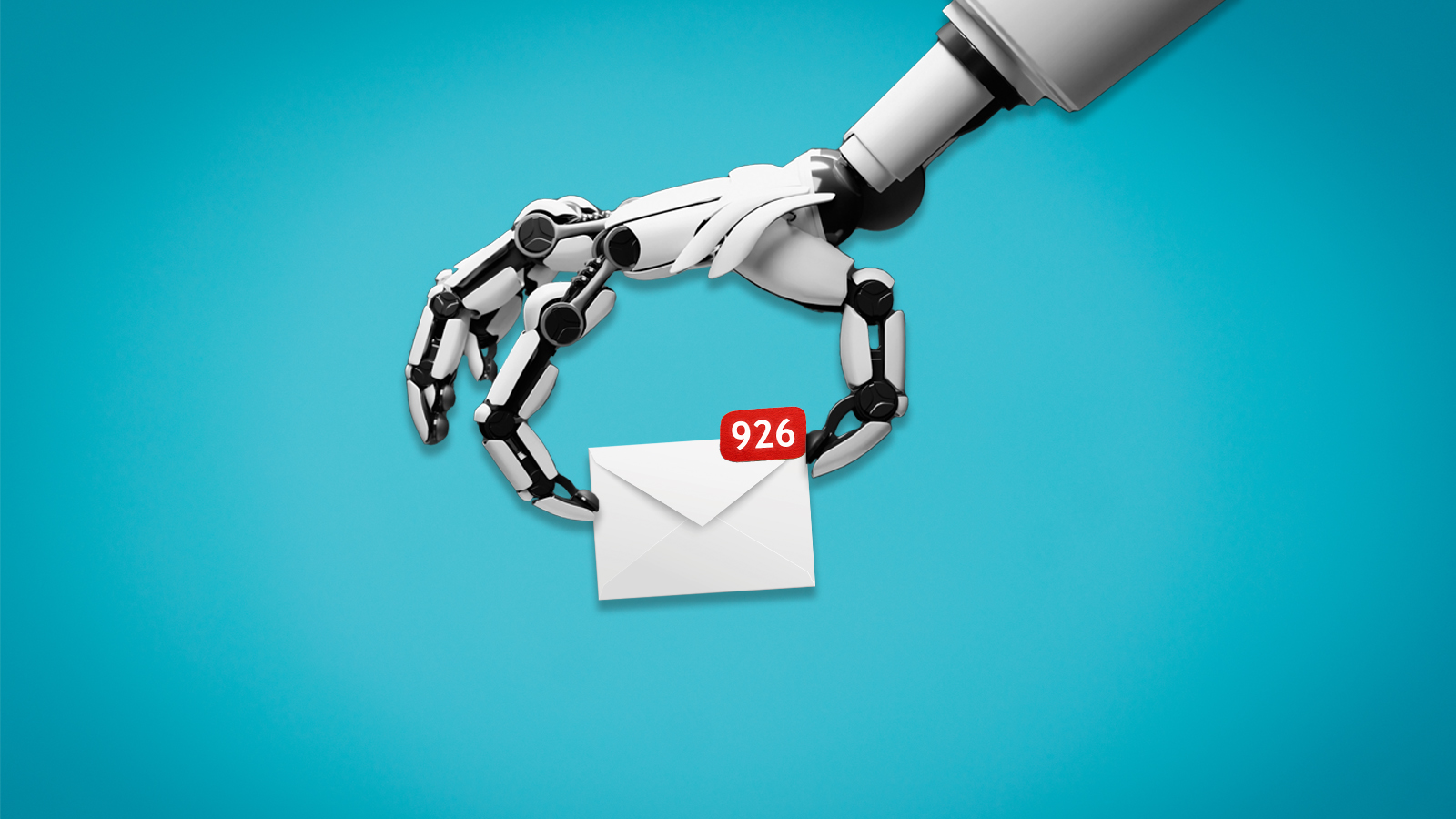 Forget junk mail. Junk content is the new nuisance, thanks to AI.
Forget junk mail. Junk content is the new nuisance, thanks to AI.Speed Read AI-generative models are driving a surge in content on fake news sites
-
 World's reduced thirst for oil may be foiled by developing countries' challenges
World's reduced thirst for oil may be foiled by developing countries' challengesSpeed Read Will developing nations slow the peak of global oil demand?
-
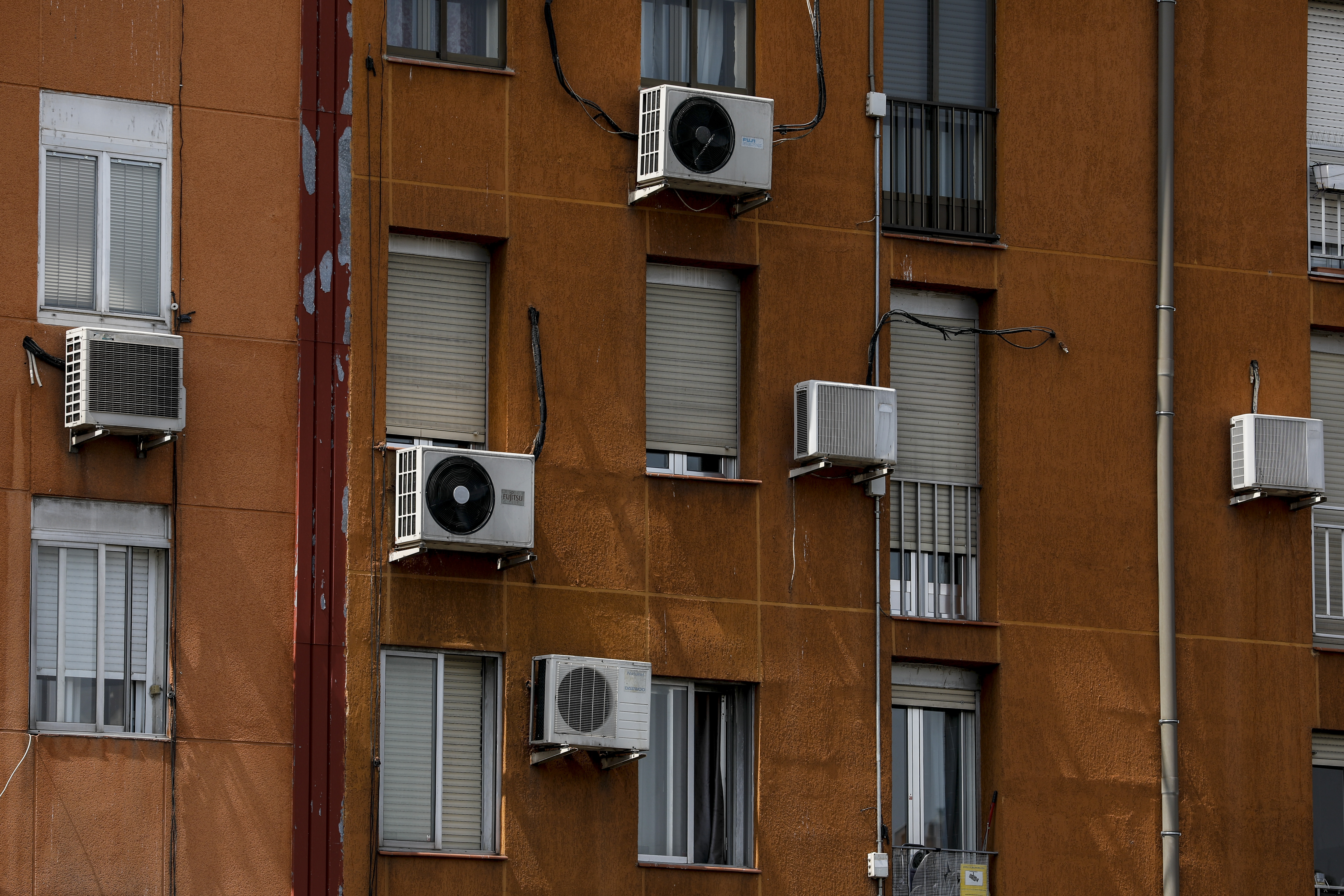 The movement to make A/C energy efficient
The movement to make A/C energy efficientSpeed Read Air conditioners have been bad for the planet, but we'll likely continue to need them.
